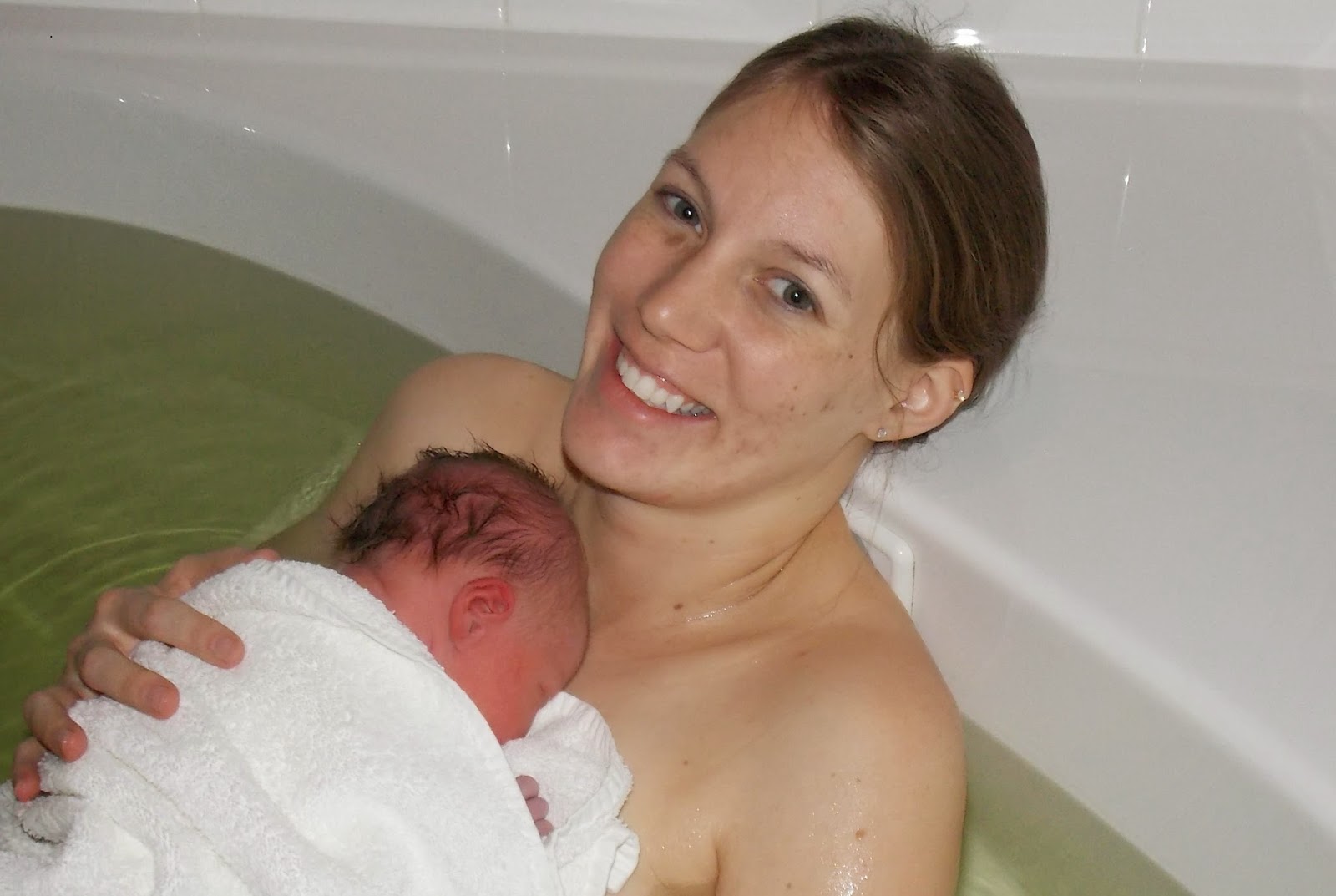When I first saw this video, I did not have the same reaction as everyone else in the room who oohed and aahed and thought that it was so cool that these hip and happening kids are digital natives and learn in such different ways. Out with the old way of learning (and teaching) and in with the new!
I was horrified and wondered what was going to happen to the art of conversation and the whole notion of personal connections. Are all these kids marshmallow eaters? Do they really not need to memorize anything ever because the device at their fingertips will access it all for them whenever they need it? What will they do with the information once they get it? Do they know how to determine whether a source is credible or not? And what exactly is wrong with actually knowing some things from memory? Doesn't the knowledge that we have internalized allow us to make connections and make sense of things when new stuff comes along?
Remember Wall-E?
I thought that movie was wonderful for its social commentary. The humans in it were fat blobs who blobbed around in blobby floating chairs with their faces glued to screens in front of them. Food and drink magically appeared for them and they never had to interact with others in person because everything was done via the screen in front of their faces. When they actually bumped into each other skin-to-skin they freaked out and didn't know what to do.
As an educator, I try not to be on the end of the pendulum as it makes its way to the top of the cycle. When new things come along I want to find ways for them to add to what is already tried and tested, but I'm also not afraid to let go of things that don't work. It is important to think of technology in education as a way to enhance learning, but I don't ever want it to take over and supplant human interaction and conversation.
I truly believe that human beings are social beings and construct knowledge in social ways. Some of this can and must take place in an online platform. We are in the 21st Century after all! But as educators, we have to continue to teach students how to share ideas face to face, how to argue a point in a respectful way, and how to honor each other for the valuable and unique people they are. We cannot replace human interaction.
I truly believe that human beings are social beings and construct knowledge in social ways. Some of this can and must take place in an online platform. We are in the 21st Century after all! But as educators, we have to continue to teach students how to share ideas face to face, how to argue a point in a respectful way, and how to honor each other for the valuable and unique people they are. We cannot replace human interaction.




.JPG)



